If you’re using LinkedIn to reach qualified sales candidates (which you should be) and not getting the quantity and quality of candidate flow, there’s a reason. Things have changed! More people are looking, and more companies are recruiting. It’s about standing out!
First, those candidates you’re looking for are ALL on LinkedIn and the pool is enormous!
The challenge is attracting attention and then getting them hooked. Differentiating yourselves in a very crowded market seems challenging, but it’s not that hard. Honestly, with a little strategy and creative writing, you can get your candidate flow up after a few sessions. Here’s why it’s so important… there are currently over 25K companies in the US looking specifically for Enterprise Sales Executives. Here’s what’s crazy, 95% of all the ads look the same. Effective ads stand out, they speak to the candidates in their language quickly, and in a compelling way! The effective ad lets our qualified candidates know we have something special for them. This becomes more and more critical now that the opportunity to build and grow the sales effort is better than has been in a good while.
Let’s start back with our sales training and apply some of it to recruiting…
Learn about what’s important to them. Listen and understand what they want and understand why it’s important. Use what we know is important to them to write an effective ad to show them we are exactly what they want. Please don’t just publish a description of the job role if you’re serious about upping your recruiting game! We win at attracting the high performing sales candidates we want and need when we speak their language.
Here’s the thing, we already know what high performing enterprise level sales talent is looking for. We’ve listened! They want intangibles like sales culture, inspiring leadership, independence, impactful contribution, and a mission worth believing in, to name a few. They are also looking for tangibles like the opportunity to make big money when they deliver big performance, they want marketing and lead gen support, they want to hear our vision and know there’s a plan. They want to be on a winning team! But you don’t need to be the Superbowl champs in your market, you just need to effectively share the vision along with a plan to get there! This is the starting line to attracting top players.
Are you experiencing any of these?
- Not getting the flow of candidates you need.
- Having to compromise or settle on the quality for your candidate pool.
- Confounded by what it takes to attract the best without breaking the bank.
- Finding that your new hire ramp-to-quota is too long, perhaps unstable, unpredictable, and potentially driving turnover.
- Too many reps not making their number and sucking up too many management resources.
The above symptoms are all closely connected to ineffective recruiting and not having a well-organized ramp path for new sales reps. Within 90 days, you and your reps should have clarity on how their success trajectory is doing and how they got there. This is all part of the recruiting story, “you’re a fit for our team and we are going to help get you there.” It gives “A” players the assurance they are not alone and the knowledge there is a team effort working toward mutually beneficial goals.
The companies who win at recruiting top sales talent are those who know how to first attract a critical mass of qualified talent, possess a well-documented path to success, with a support team to help enterprise sales executives get the right help they need to succeed.


